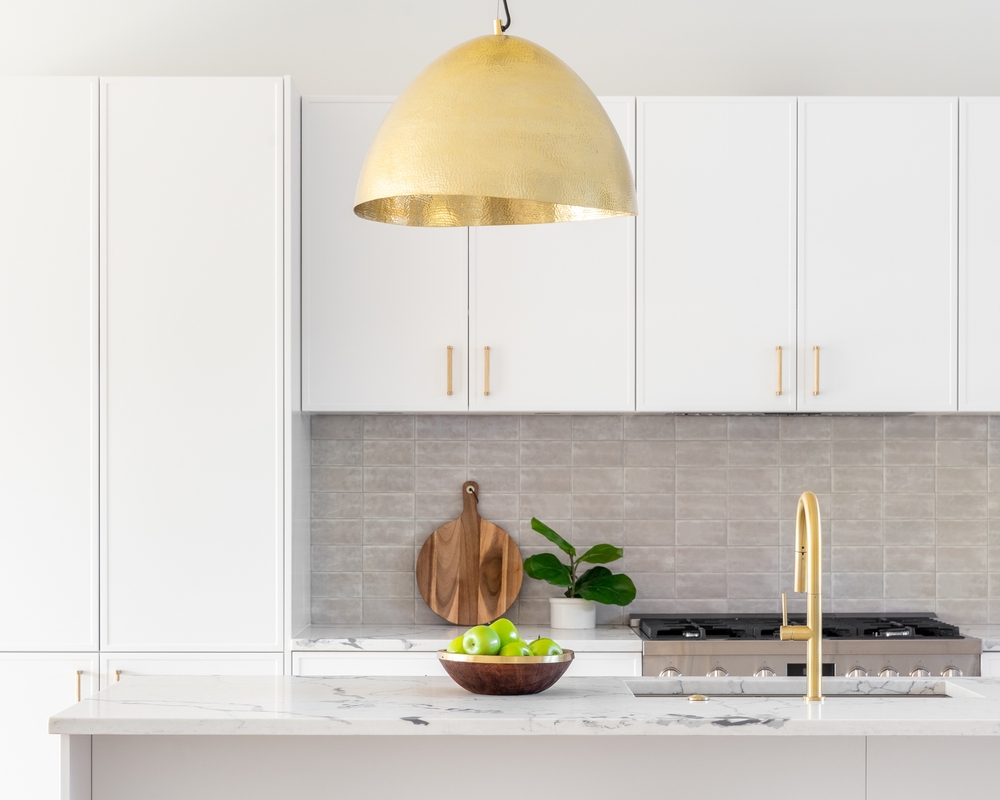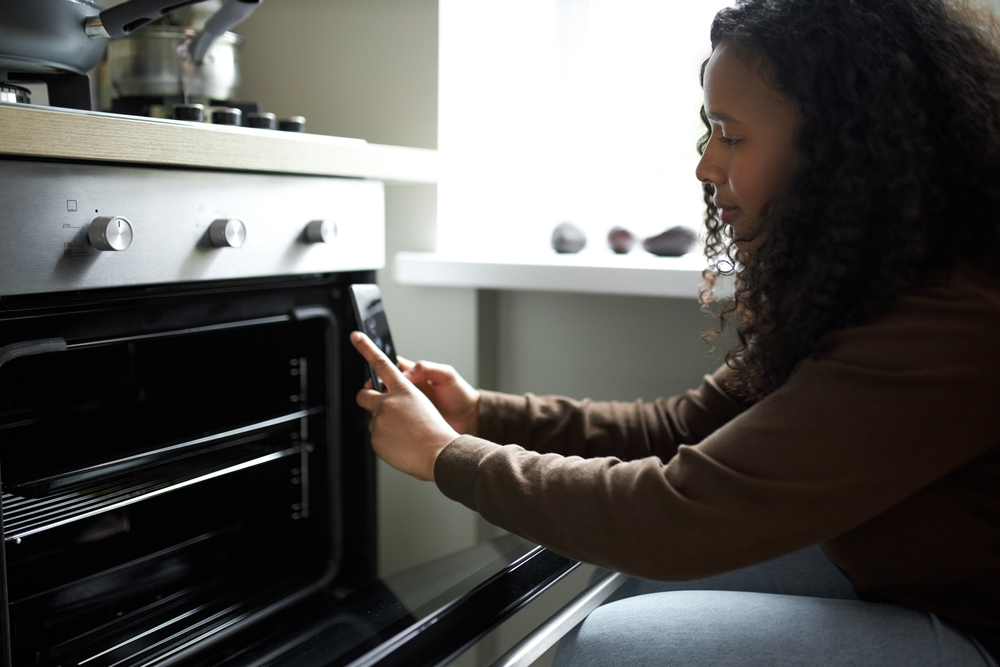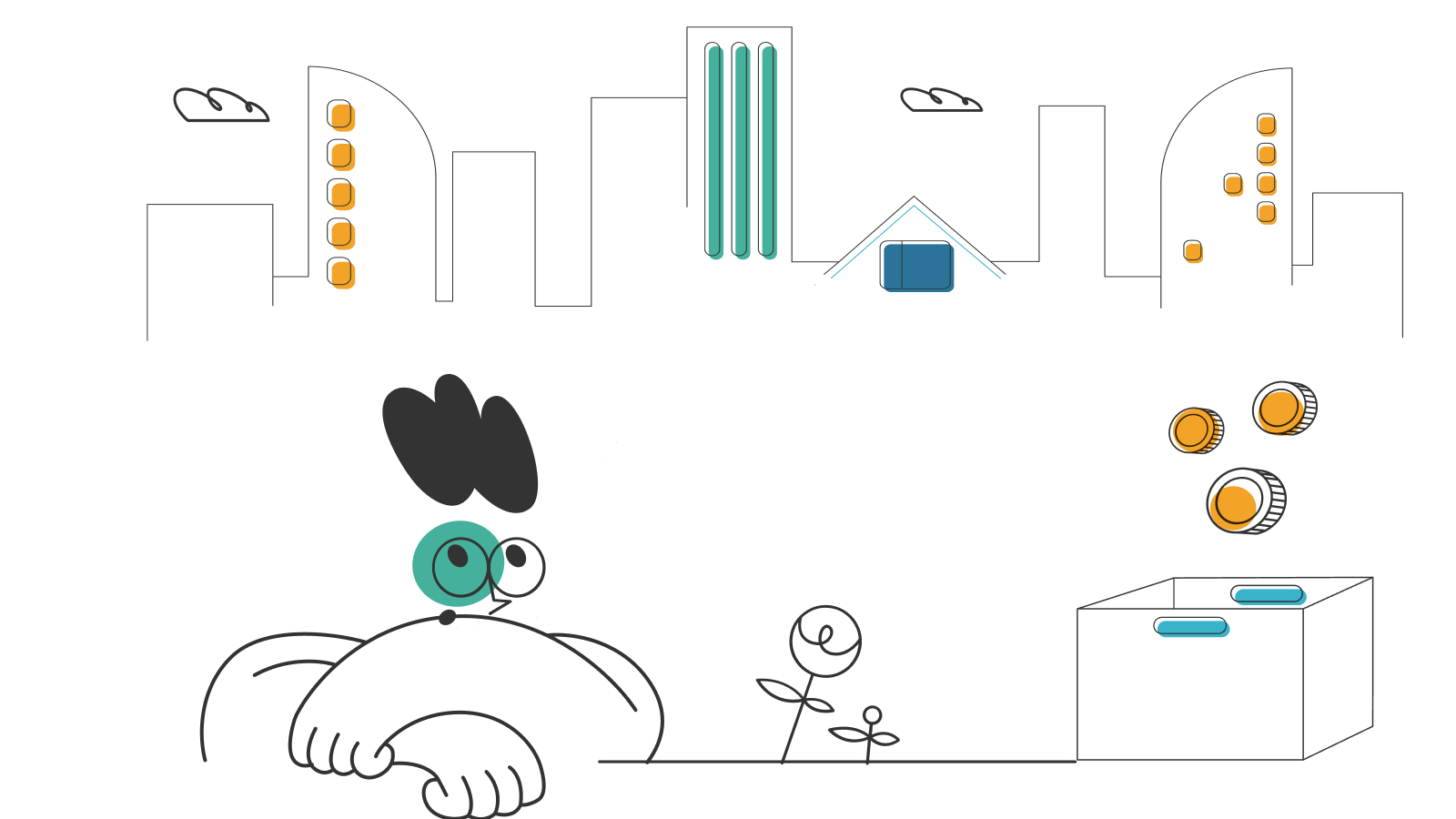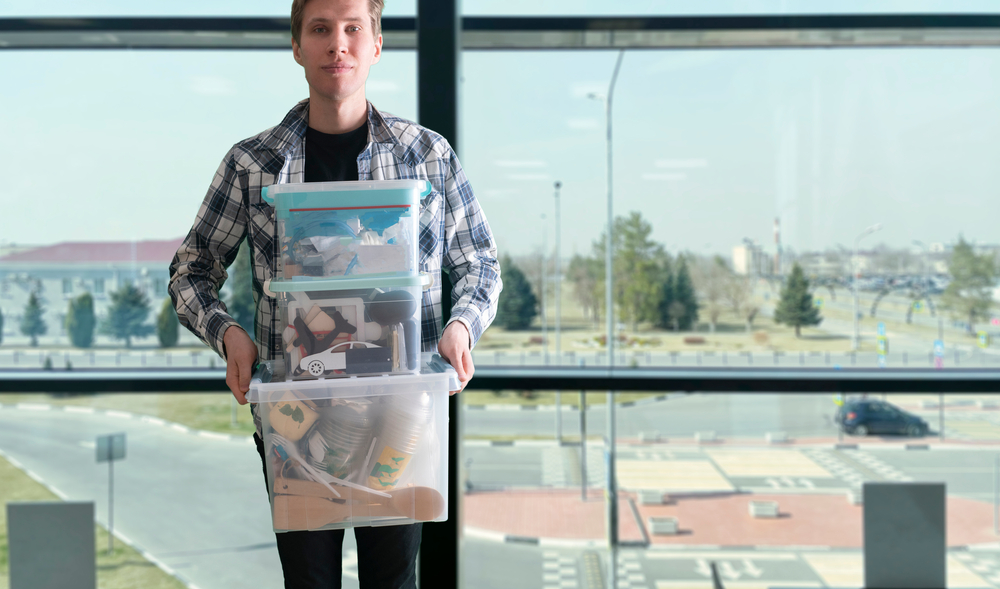What is a Security Deposit? Everything You Need to Know

Moving soon? Get organized with our free moving checklist.
If you’re planning on starting a search for your first apartment, you might be wondering, “What is a security deposit”? It’s one of many expenses that often come with moving into a new rental. You could also owe application fees and first and last month’s rent.
This list of potential payments can be daunting, and knowing more can help you choose a rental that meets your needs and budget. With this guide, you can learn about the definition of a security deposit, how a security deposit works, how much it might cost, and frequently asked questions about security deposits.
- What exactly is a security deposit?
- How do security deposits work?
- How much is a security deposit?
- What other factors can influence your security deposit?
- Frequently asked questions (FAQs)
What exactly is a security deposit?
A security deposit is a payment someone makes to a landlord or property management company before moving into an apartment or house. This money covers the costs for repairing potential damage from renters, like stains on carpeting. It can also cover a missed rent payment, helping protect you from eviction if you have unexpected expenses or you become unemployed temporarily. It’s one of many potential moving expenses.
How do security deposits work?
The exact rules for your security deposit can vary depending on the terms of your lease or rental agreement and the laws in the area. Understanding how security deposits work can make deciding whether to sign a lease easier.
Paying a security deposit
Like the first month’s rent and fees, people usually need to pay their security deposits before moving in. Paying before the deadline can help you secure the apartment or home you want. Other people may want to rent the same unit, and landlords can replace potential tenants who make late payments before they even move in. Your security deposit may be just one of the payments you must make before moving in, and it’s a good idea to take care of them as soon as possible.
In some states, landlords and property management companies put your security deposit in a separate, interest-bearing account. They provide a receipt showing which bank holds the money and monthly statements with the current balance. However, you may not get all this information until a few weeks after you move in. The landlord or property management company can’t spend any of your security deposit unless there’s a reasonable cause. They use their own funds for routine cleaning and fixing normal wear and tear.
Surety bonds
Some landlords and property management companies let tenants use surety bonds instead of security deposits. A surety bond is an agreement between you, a surety company, and the owner or property manager. You pay a small percentage of the bond, and the surety company comes to you for the remaining amount if you miss rent or repairs are required. Unlike a security deposit, none of the amount you pay before you move in is refundable.
Getting your security deposit back
If you pay your rent on time and leave your residence looking great, you can usually get your security deposit back. However, you may not get your money back if the property owner needs to deep clean, repaint walls, replace damaged flooring or appliances, fix a clogged or leaky pipe, or make other repairs. Also, if you miss a rent payment or make your payment late, a late fee could be deducted from your security deposit, even if you eventually make all your payments.
Sometimes, the owner or property management company may not return your security deposit. It’s a good idea to read your lease or other rental paperwork carefully to understand exactly how your security deposit works and whether you can expect a refund or not.

How much is a security deposit?
The amount of your security deposit depends on the location of the property. In these states, the law regulates the maximum sum.
- Alabama. The security deposit limit is one month’s rent except for pet deposits, deposits for undoing potential alterations, and deposits to cover risky activities.
- Alaska. The security deposit can cover two months of rent unless rent costs more than $2,000/month. An additional month of rent as a pet deposit is sometimes required, but the owner can only use it to repair damage from a pet that isn’t a service animal.
- Arizona and Michigan. One and a half months of rent is the limit.
- Arkansas. Landlords who own more than five properties or use a property management company must charge two months of rent or fewer. If they manage the property themselves, there are no limits for people who own five or fewer places.
- California. Two months is the limit for unfurnished properties, and three months is sometimes required for furnished places. Active service members can get a discount of up to one month’s rent, and people with waterbeds pay one-half month more.
- Connecticut. People under 62 years old pay up to two months of rent, and people 62 or over pay up to one month. If you turn 62 while renting, you can ask for any part of your security deposit that exceeds one month’s rent back, even if you don’t plan to move out soon.
- Delaware. One month of rent is required for leases that last for one year or more or for month-to-month agreements than have been ongoing for more than a year. The owner credits month-to-month tenants for any amount they paid over one month’s rent after the first year. There’s no limit for furnished units.
- District of Columbia, Rhode Island, and Massachusetts. You may need up to one month’s rent.
- Hawaii. Landlords can charge up to one month’s rent or two months for people with a pet.
- Iowa, Maine, Maryland, Missouri, and Virginia. Owners can charge up to two months of rent in these states.
- Kansas. The security deposit can be up to one month’s rent for unfurnished dwellings and one and a half months for furnished units. Landlords can add half a month for pets.
- Nebraska. The limit is one month of rent and an additional quarter of a month for pets.
- Nevada. The limit is three months of rent.
- New Hampshire. People may need a security deposit of up to $100, but there’s no limit when the owner and tenant share some facilities.
- New Jersey. Owners can charge one and a half months of rent plus an additional annual security deposit. The extra amount can’t be more than 10% of the original deposit.
- New Mexico. There’s no limit for leases that last one year or more, and the limit is one month’s rent for other rental agreements.
- New York and South Dakota. The limit is one month for most properties.
- North Carolina. In most cases, the limit is two months’ rent. Landlords can also require a nonrefundable pet deposit.
- North Dakota. The limit is usually one month’s rent, and people can charge up to an additional $2,500 or two months’ rent, whichever is greater, as a pet deposit. People with felony convictions or prior evictions may need to pay up to an extra month’s rent.
- Pennsylvania. The security deposit can be up to two months’ rent for the first year and one month for each subsequent year.
- Washington. There’s no limit, but tenants can pay the security deposit and any fees in installments if they total more than 25% of one month’s rent. A signed installment agreement is required.
While other states don’t limit security deposits, some cities and counties have regulations. Often, places with higher monthly rates and more amenities charge higher security deposits. You may also need to pay separate fees before you move in. When you make these initial payments, write separate checks and ask for receipts. That way, you can show that you made your payments on time, and your bank can provide a backup record in case you lose or misplace any paperwork.
What other factors can influence your security deposit?
In most states, property owners have discretion over how much they charge for a security deposit. Several factors can influence the amount you need to pay.
Credit score
People with lower credit scores may be more likely to miss a rent payment or pay late, so they could need to pay a higher security deposit. Some landlords or property management companies won’t let people with scores below a specific threshold move in. You can increase your credit score by paying your bills on time and reducing debts as much as possible.
Background check
Most landlords conduct background checks and may refuse to rent to people with criminal histories or low credit scores. They can also charge higher amounts for security deposits.
Changes in rent
If your rent goes up, your landlord may ask for an increase in your security deposit. If your security deposit is in a savings account where it can accumulate interest, this interest could cover a small security deposit increase. However, most people need to make an additional payment when the security deposit goes up after a change to their rent.

Frequently asked questions about security deposits
Learning the answers to the most frequently asked questions about security deposits can help make moving into a new home or apartment less stressful. It also makes understanding the terms of your lease or rental agreement before you agree to them much easier.
Can a security deposit cover the final month’s rent?
In some states, a security deposit can cover the final month’s rent when a tenant moves out. This gives the landlord some additional time to find someone new to move into the unit. Depending on local laws, the last month’s rent and the security deposit might be accounted for separately. The landlord could even need to ask for written approval from the renter before using part or all of a security deposit for a final rent payment.
Can a security deposit cover damage from fires or thefts?
If a tenant caused a fire or failed to take standard precautions from theft like closing the curtains or locking the doors, the landlord or property manager can sometimes use the security deposit to cover damages. However, owners can only use security deposits after tenants move out. They usually ask for payment directly from tenants instead. If the damage is so severe that a person needs to move out, they usually owe more than the amount of their security deposit.
If a tenant didn’t cause the damage, the landlord usually pays for repairs. In some states, they may reduce the rent if you can’t use part of the dwelling until these repairs are finished. However, they won’t pay to replace your possessions. Rental insurance can protect you from liability for damage to your unit and help you pay to replace any stolen or damaged possessions or furniture.
How long do people need to wait to get their security deposits back?
Depending on local regulations, you could need to wait for 14 to 60 days after you move out to get your security deposit back. If your landlord or property manager uses some or all of your security deposit to cover expenses, like a missed rent payment or damage, they usually provide an itemized list of those costs and the amount they used for each one.
What options does a tenant have if a landlord or property manager refuses to return the security deposit?
You can start by speaking to your landlord or property manager and telling them why you should get your money back. Citing the terms of your lease or rental agreement is a good idea.
If they refuse to reevaluate or refund your security deposit, consider writing a letter with your objections, their reasons, and the amount of money you think you should receive. You can use certified mail to get a record of this letter and when you sent it. It requires a signature from the person on the address to confirm receipt. You can also send an email and keep a digital copy. If you still don’t get the response you want, you can consider filing a lawsuit in small claims court. However, this process is often time-consuming.
The rules for your security deposit can vary depending on your location, the owner or property manager, and many other factors. You can review the information you need before you sign your lease.













